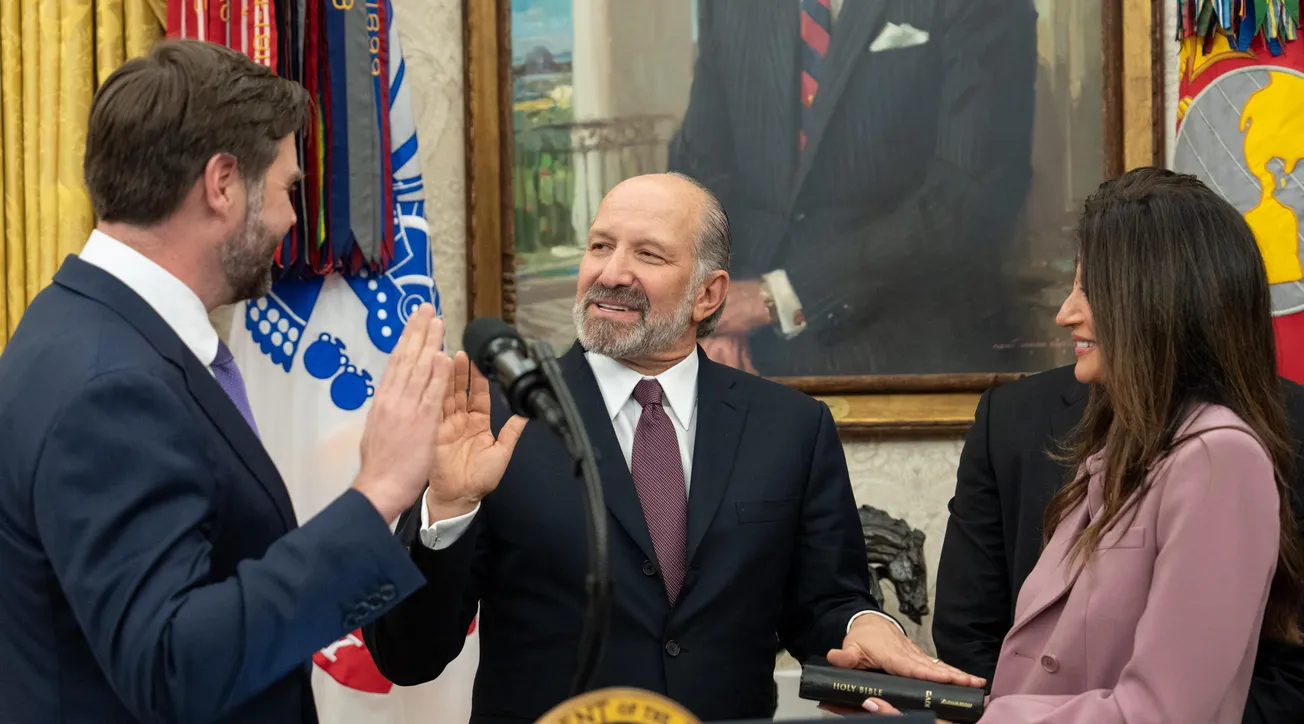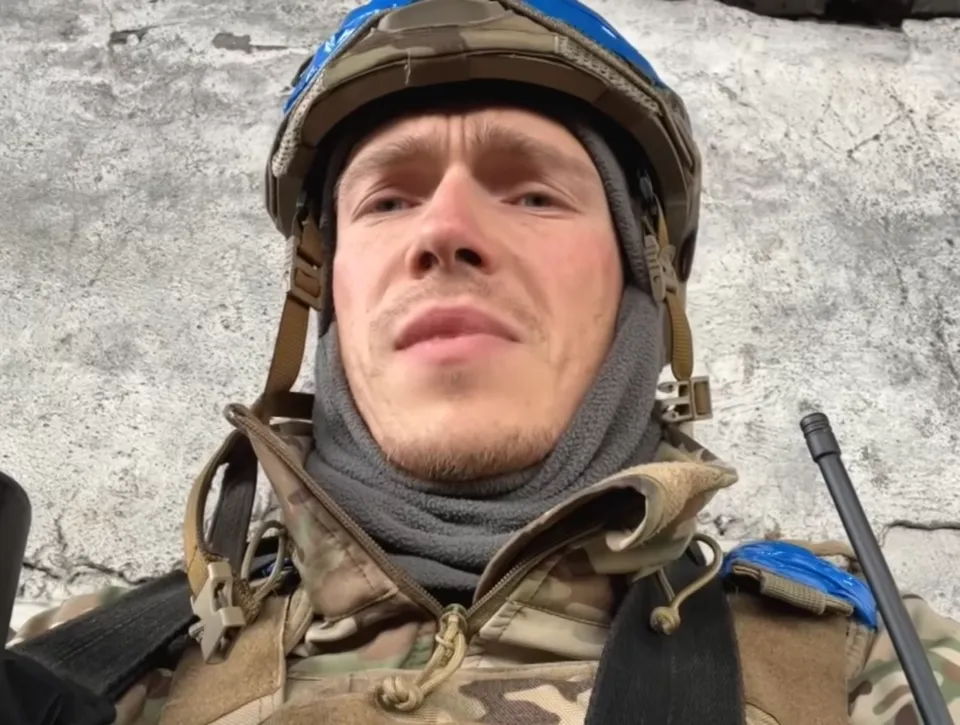On Jan. 3, the UN’s Designated Expert on Human Rights in Haiti, William O’Neill, issued an alarming report on the conditions of genocide existing in Haiti, as reported by the Office of the High Commissioner for Human Rights. Although he didn’t use the word genocide, he should have, as it is the only appropriate term to describe conditions on the ground, especially in the capital of Port-au-Prince.
The attacks on hospitals, clinics and healthcare workers are like those taking place in Gaza—they are intentional, not the result of random violence. “Criminal gangs have murdered and kidnapped physicians, nurses and healthcare workers, including humanitarian workers,” O’Neill reported. “The gangs have burned, ransacked and destroyed many hospitals and clinics, forcing many to close or suspend their operations.” At this point, only 37% of health facilities are fully operational in the capital, he explained, and accessing their services is often an impossible task, given the wanton gang violence affecting the city.
O’Neill warned that the Haitian people, “including hundreds of thousands of children living in very precarious conditions, are once again paying the high price of this violence with their right to health severely hindered.” In the course of 2024, the UN and other agencies have documented the brutal deaths of at least 5,000 people, and the displacement of 800,000 who have fled their homes and neighborhoods terrorized by gangs, to be housed in overcrowded shelters incapable of providing food, medical care and other vital services. Although gangs have not yet taken over other regions of Haiti, they control an estimated 85% of Port-au-Prince. The violence is unending.





